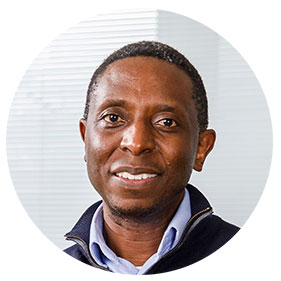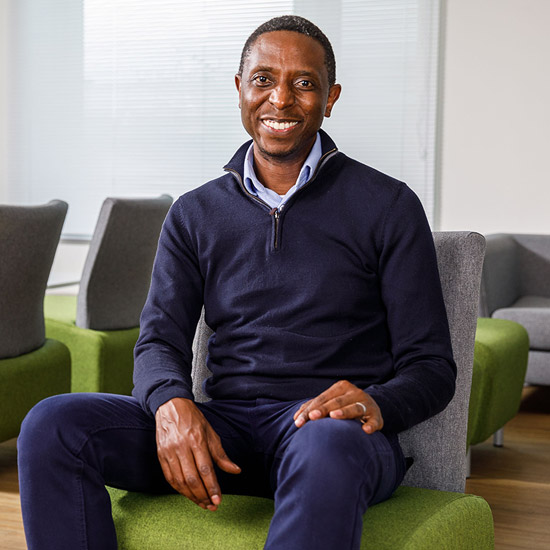Financial inclusion – simple products and education
In my previous article, I asked the question “why don’t smaller savers invest?”
I suggested that the answer could be found in the barriers created by complex products combined with high minimum monthly payments and opening balances. They’re not designed for smaller savers.
So, why can’t the financial services industry be more inclusive by providing simpler products, with transparent charges that support those with lower affordability?
Possibly because they’re not as profitable for shareholders.
A research paper from December 2003 suggests that, at an early stage in the government’s discussions with potential Child Trust Fund providers, one of the concerns was the cost of operating these accounts versus the likely profit. In simple terms they weren’t seen as having big enough economies of scale to make them profitable.
It’s an underserved customer space, but one in which I hope we will see growth that will benefit many more people.
I believe that the key to financial inclusion is education; for example by helping young people to feel confident in understanding what investment is all about.
In my earlier article, I pointed to some research that suggested that although 84% of teens thought it was important to save money, only 36% felt confident in investing. 55% said they didn’t understand what stocks and shares are.
"It’s a dynamic step-change, but it’s an exciting future for our members"
Or maybe it’s the support that mutuals like OneFamily give to charities such as the Elderly Accommodation Counsel that helps older people to make informed choices about meeting the costs of their housing and care needs.
Our plan is to reach out to many more people to offer our help, supporting them as they increase their financial confidence.
It’s an area that OneFamily will be focusing on more closely over the coming years as we shift the concept of mutuality forward. It’s a dynamic step-change, but it’s an exciting future for our members.
This is why supporting the less well off with their financial needs has traditionally been the terrain of the mutual sector, because our profits are reinvested back into our business to support others.
We’ve historically provided products that support investment by our use of pooling. In other words, we all help each other.
It’s a simple concept really and is right at the heart of what it is to be a mutual.
You may also be interested in:
The greatest gift – bringing light to darkness all year round
CEO Jim Islam reflects on the incredible work of UK charities in picking people up who have slipped through other safety nets.
What does it mean to be a “mutual society”?
As a OneFamily customer, you have a say in how we spend our profits and which charities we support both financially and practically.
Consumer Duty could be the gamechanger that we all need
Consumer Duty is likely to reach public awareness this year as the FCA steps up its communications campaign.
Breaking down the barriers to financial inclusion
OneFamily has acquired Beagle Street – a company that specialises in low cost, simple to purchase life and critical illness insurance.


